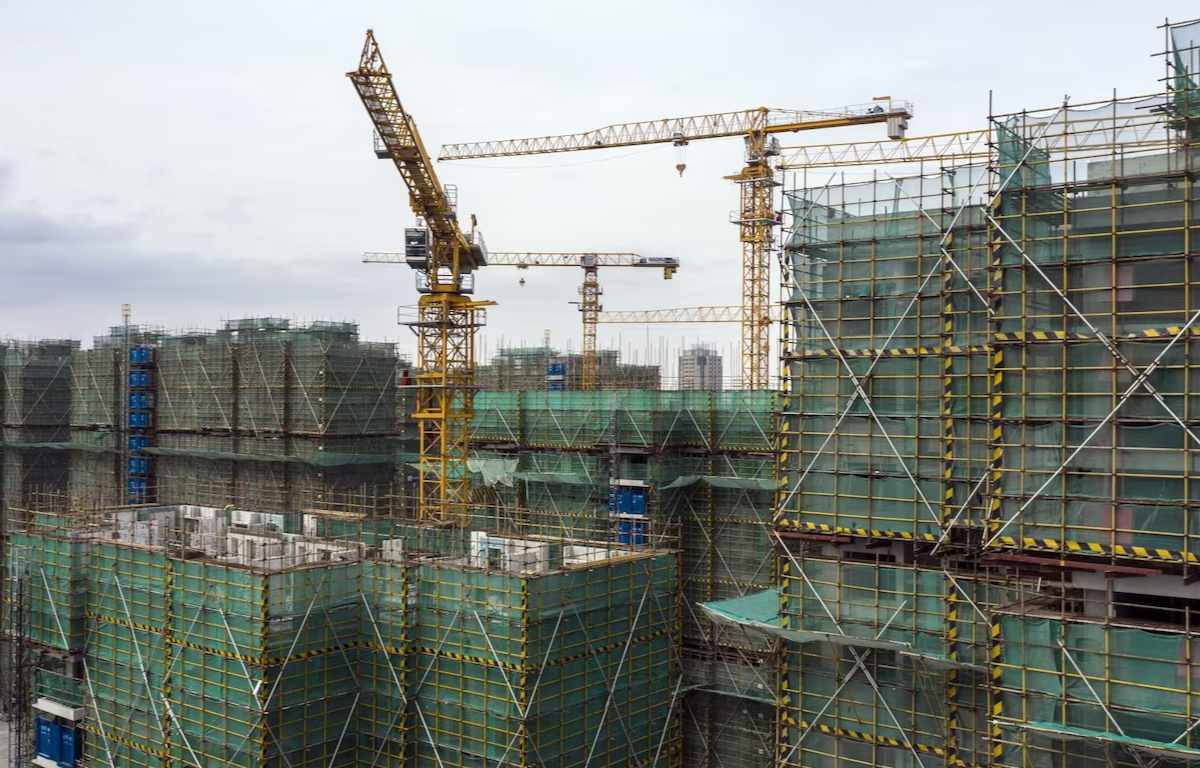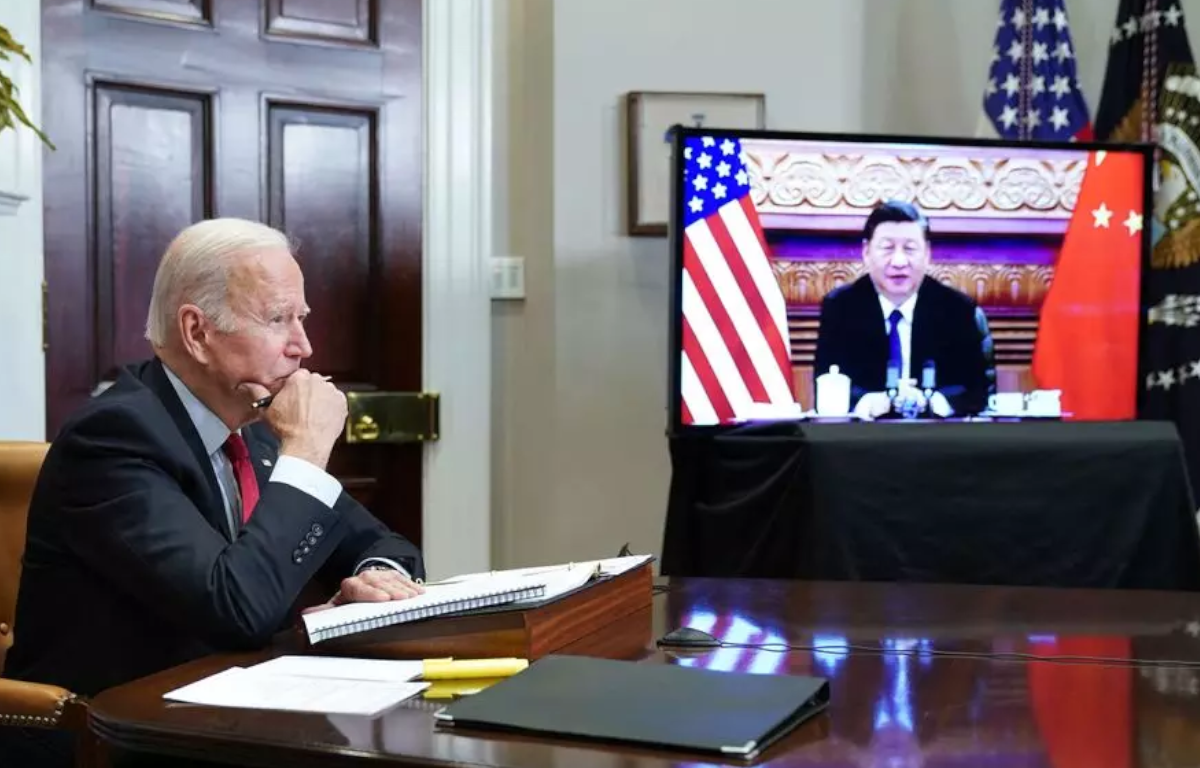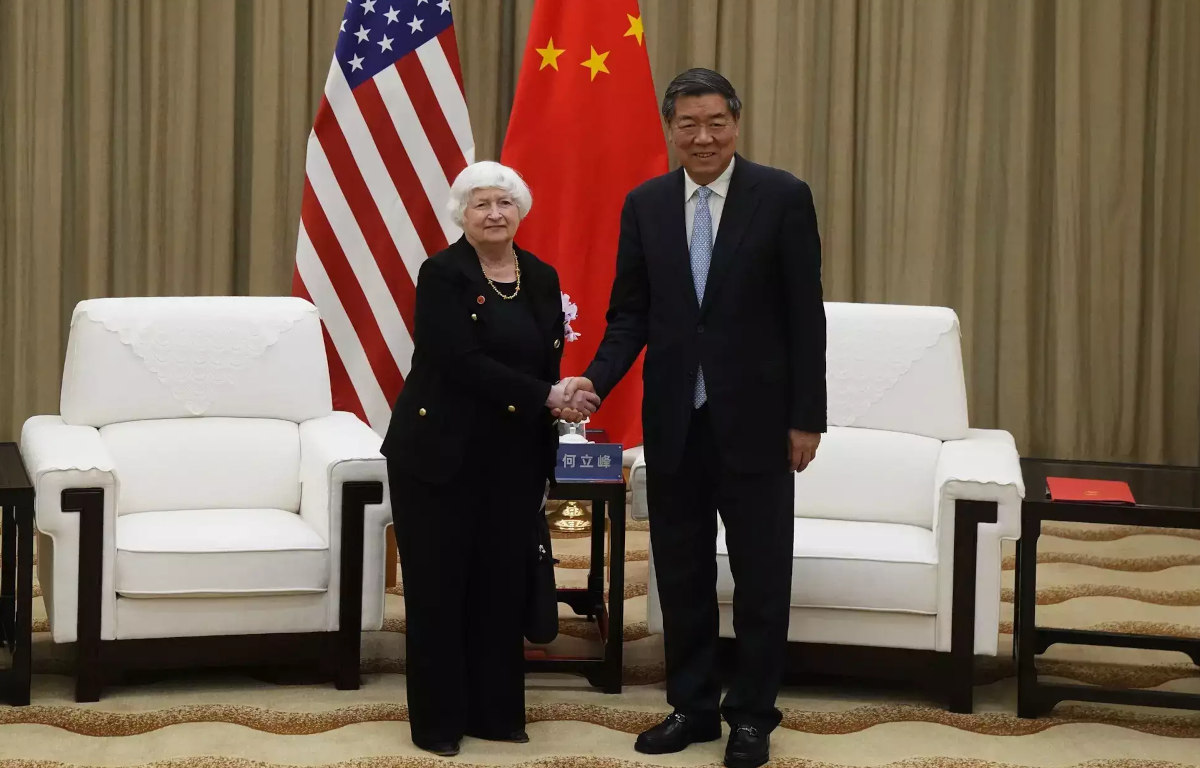
The allegations, directed at the company’s founder and top executives, have sent shockwaves through China’s real estate sector and raised concerns about corporate governance and financial transparency.
Evergrande Group, founded in 1996 by entrepreneur Xu Jiayin, quickly rose to prominence as a leading player in China’s booming property market. The company’s aggressive expansion and ambitious projects propelled it to become one of the country’s largest real estate developers, with a presence in multiple cities and a diverse portfolio of residential and commercial properties.
The recent allegations of fraud against Evergrande and its founder Xu Jiayin are centered around accusations of falsifying financial statements and inflating sales figures. Reports suggest that the company may have overstated its revenue and assets by as much as $78 billion, raising serious concerns about the accuracy and reliability of its financial disclosures.
The revelations surrounding Evergrande’s alleged fraud have had a significant impact on investors and financial markets. The company’s stock price plummeted, leading to massive losses for shareholders and spurring volatility in the broader real estate sector. Investors and analysts are closely monitoring developments, with many expressing skepticism about the company’s financial health and future prospects.
In response to the allegations, Chinese authorities have launched investigations into Evergrande’s financial practices and corporate governance. Regulatory agencies are conducting audits and inspections to assess the veracity of the fraud allegations and determine the extent of any wrongdoing. The government’s swift action underscores its commitment to ensuring transparency and accountability in the corporate sector.
The Evergrande scandal has reverberated throughout China’s real estate industry, prompting concerns about systemic risks and the stability of the property market. The company’s financial troubles and the broader implications of the fraud allegations have raised questions about the sustainability of high levels of debt and leverage within the industry.
The unfolding situation at Evergrande poses significant challenges for the company, its stakeholders, and the wider economy. Restoring investor confidence, addressing regulatory concerns, and implementing reforms to strengthen corporate governance will be critical in navigating the fallout from the fraud allegations. The ultimate impact on Evergrande’s operations, as well as the broader real estate sector, remains uncertain as investigations continue and authorities take corrective actions.










Share this: